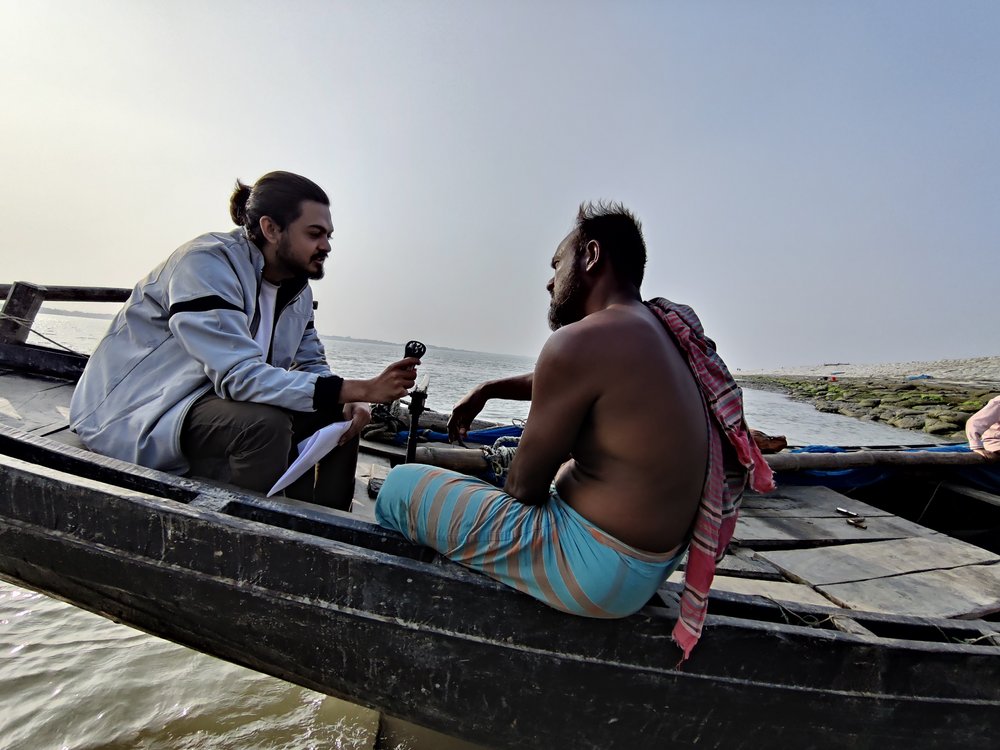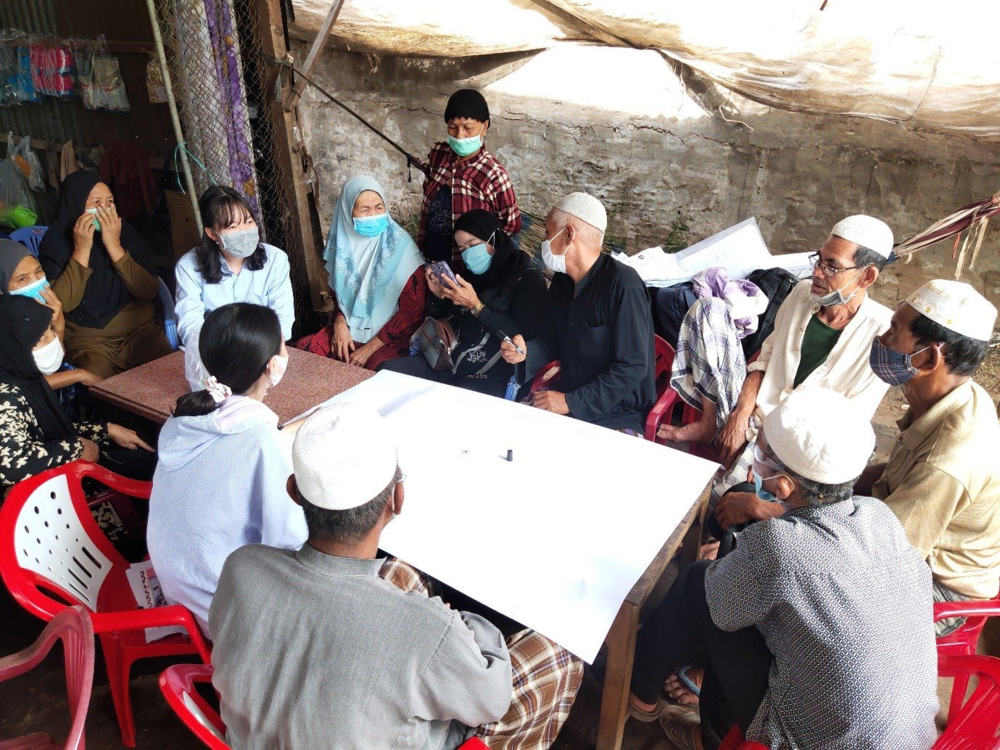In this blog post Graham Smith, Professor of Oral History at Newcastle, reviews the position of the University’s Oral History Collective in relation to ageing, ageism and intergenerational research.
Exploring the experiences of older people, ageing and ageism has been, and continues to be, a key focus for the Collective.
Four decades ago, oral historians were much more likely to be engaged in reminiscence work than is the case today. With the rise of interest in ageing as an area of scientific study, reminiscence began to be viewed, primarily, as a way of addressing memory impairment among older people even when psychological successes were a result of social rather than therapeutic interventions.[i] While reminiscence had been argued by Joanna Bornat as a part of oral history’s social movement in 1989, a decade and a bit later Joanna was asking whether oral history and reminiscence had separated into parallel universes or were still a shared endeavour.[ii] The Newcastle University Oral History Collective recognises the value of both.
In the last three years members of the Collective have been undertaking research exploring ageing and memory. This not only results from our joint interests as a Collective, including taking inclusive, equitable and collaborative research approaches, but also reflects individual researcher interests (detailed below) and Newcastle University’s position as a global leader in ageing studies and home to the National Innovation Centre for Ageing.
It was through working with members of the then Newcastle University Institute for Ageing’s inequalities team that members of NUOHUC began to think about an oral history of the Thousand Families Study. Along with the director of the study, Mark Pearce, social gerontologists Tom Scharf and Suzanne Moffatt, we wanted to explore the memories of study participants who had first participated over 70 years ago. Together, and along with study participants, we began to work up a joint research agenda. As part of that initiative Andy Clark won an ESRC New Investigator Award for ‘Deindustrial Pasts and Present Inequalities: An Oral History of Deindustrialisation and Experiences of Ageing’. The project is ongoing.
During the lockdown we worked with Living History North East and Northern Cultural Projects to develop remote reminiscence work co-created with residents of social housing in the East End of Newcastle, including residents of Karbon Homes sheltered housing accommodation in Byker. The programme was delivered with core funding from Newcastle University (HCA), with referrals from NHS social prescribing and by working with Newcastle Elders Council’s ‘Staying Connected’ programme. One of our associate researchers, Silvie Fisch led the initiative that created new materials for this work, which included the reuse of oral histories, alongside the development of new approaches that brought together potentially isolated older residents. The experience of this activity also generated a better understanding of the potential barriers to online engagement. One participant, June, reflected on the value of listening to oral histories during these sessions:
The recorded memories were great because compared to the old photographs you have real, here-and-now, people’s slant, feelings, and opinions on past lives and happenings. It puts you in that picture so to speak and I think it rather stays with you as you have seen more than just an image, it’s a living thing that you have more of a reaction to.
Another of our associate researchers, Kath Smith continued to lead her organisation, Remembering the Past to address loneliness and social isolation of older people in North Tyneside, winning the Queen’s Award for Voluntary Service in 2021. Kath has reflected that reorganising the work with volunteers during Covid-19 was not easy, but,
In the process we’ve found new ways to share our collections and to collect material. For instance, our online presentations have been well received and a joy to deliver (once we got the hang of it). Strategically, we’ve used the time to reflect on the huge gaps that have emerged between those who are digitally included those who are not.[iii]

Our largest international project, led by our senior research associate, Siobhan Warrington, is part of the Living Deltas Hub. We are working with partners in Bangladesh and Vietnam and teams of young researchers to explore younger and older, women’s and men’s experiences of and responses to environmental change in rural delta regions of Vietnam and Bangladesh. The work has involved combining oral history and visual methods and working with young community members as researchers. In 2023 we will be developing communication and engagement work based on the findings for local, national and international audiences. We are also working with key global non-governmental organisations that work with younger and older people to explore the potential of research, policy and practice focused on intergenerational solidarity and climate change. As Siobhan notes in a recent blog post for Living Deltas:
There is a ‘gap’ in terms of the literature when it comes to older people and climate change in the global South. Many older people also lack accessible information on climate change. Unsurprisingly there are limited sustainable development initiatives adopting a deliberate intergenerational approach. How can we meaningfully address these gaps?

We are currently extending our intergenerational approach with colleagues in India in a pilot that we hope to be able to report from soon.
Taken together NUOHUC is building a significant body of research into the experiences of ageing in different contexts, builds on and supports the memories of older people and explores and the role of memory in the lives of older people.
[i] Smith, Graham, and Joanna Bornat. ‘Oral History, Biography, Life History: Broadening the Evidence Base’. The British Journal of General Practice 49, no. 446 (1999): 770–71.
[ii] Bornat, Joanna. ‘Oral History as a Social Movement: Reminiscence and Older People’. Oral History 17, no. 2 (1 October 1989): 16–24 and ‘Reminiscence and Oral History: Parallel Universes or Shared Endeavour?’ In The Oral History Reader, edited by Robert Perks and Alistair Thomson, 2nd ed., 456–73. London; New York: Routledge, 2006.
